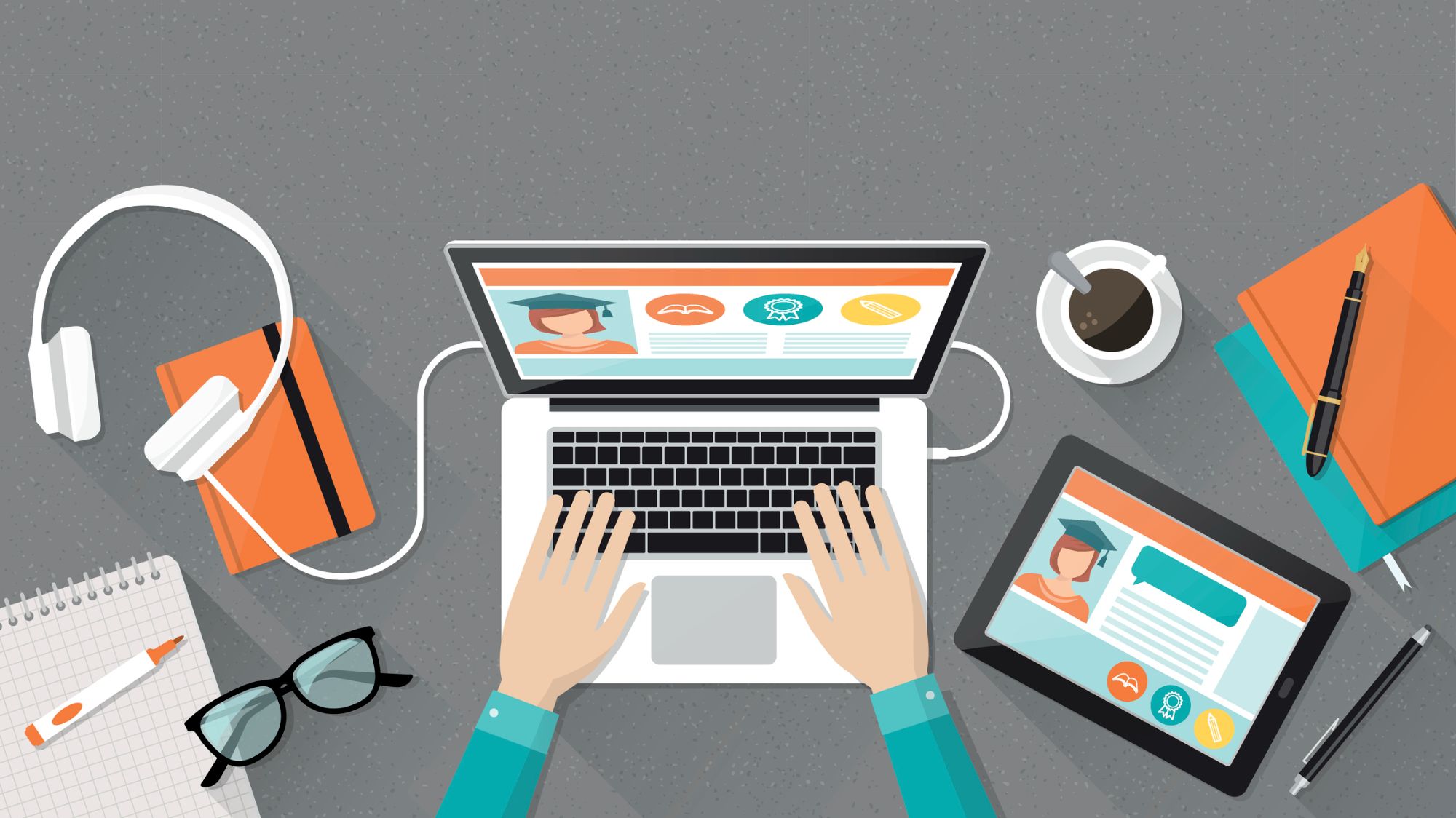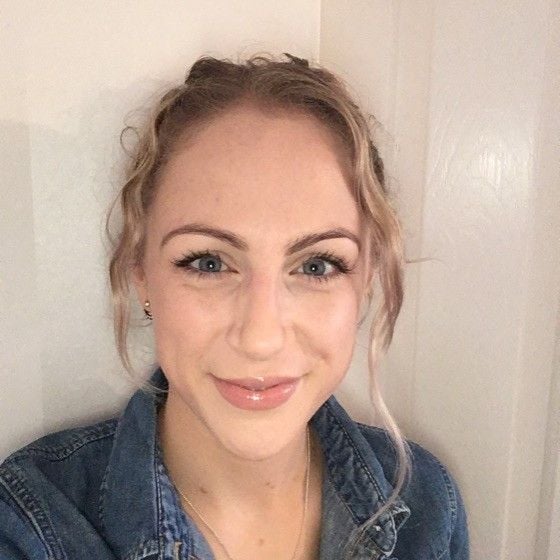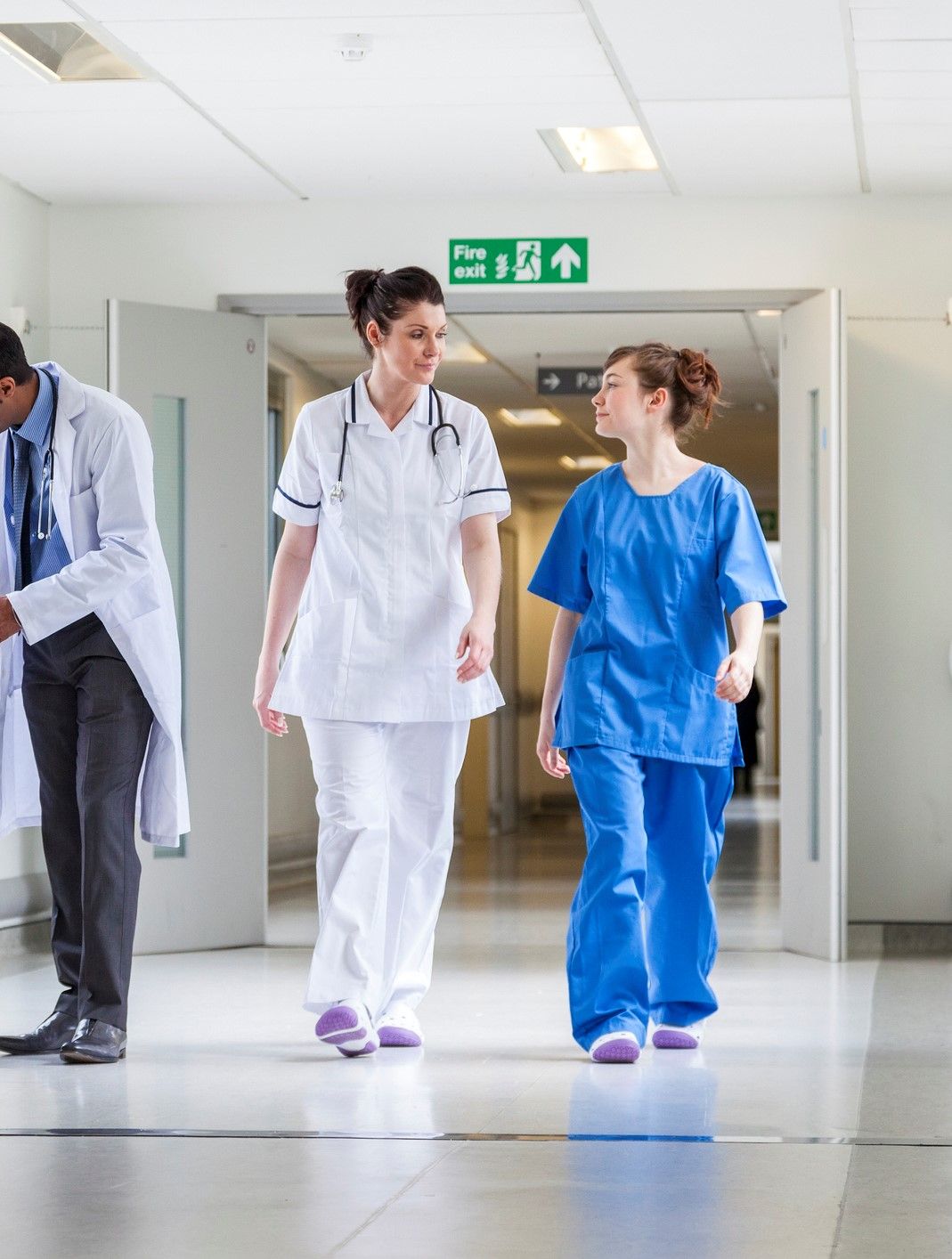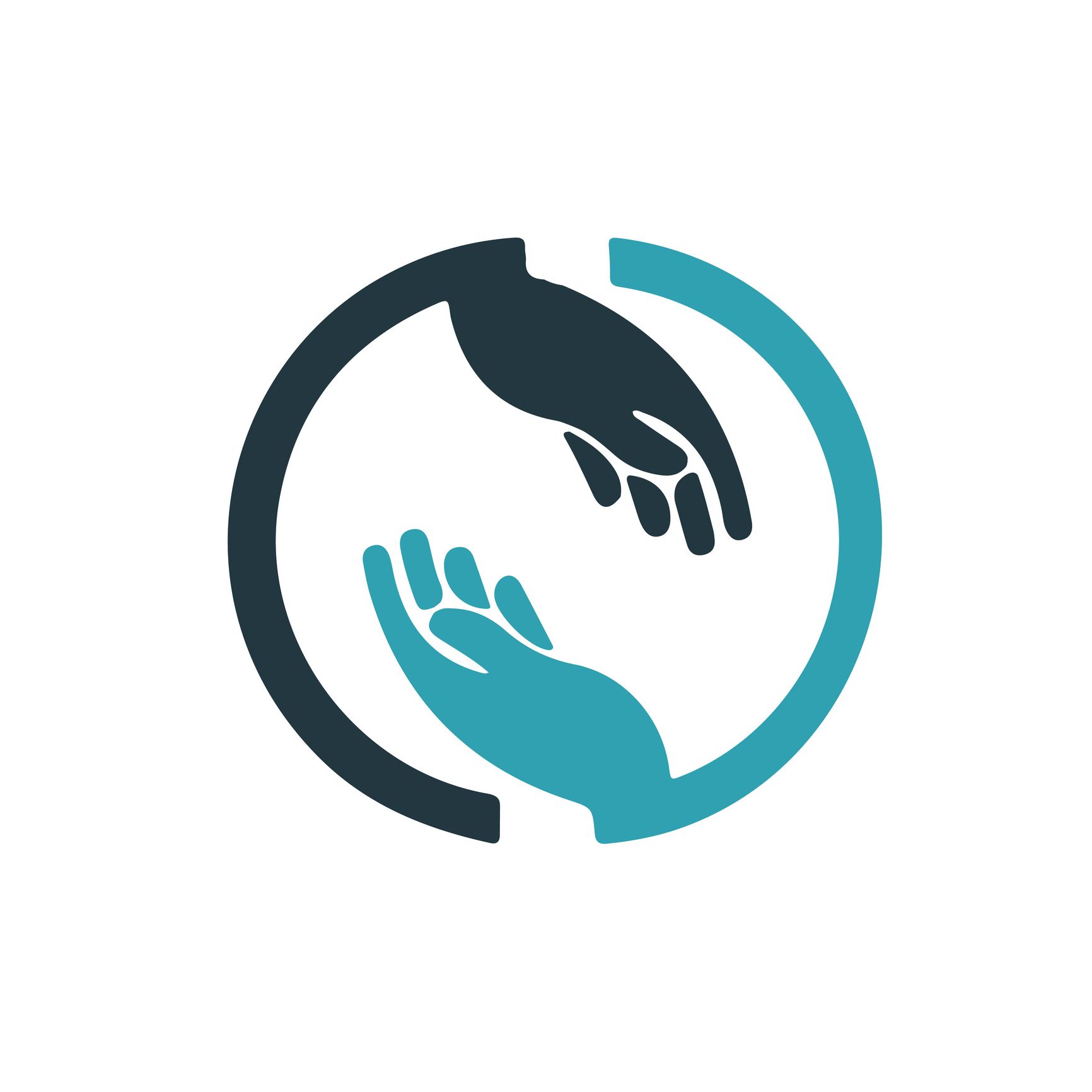NHD STUDENT BLOG SERIES

HOW TO GET THE MOST OUT OF PLACEMENT

Siân is newly in post at the BDA, having previously worked as Assistant Professor at the University of Nottingham. She has worked in a range of clinical areas, specialising in learning disabilities, palliative care and nutritional support including HEN.
By Siân Cunningham, MSc, RD
Professional Practice Manager & Visiting Lecturer
Placement is a fantastic opportunity to experience Dietetics, allowing you to figure out what you do and don’t like, whilst developing your professional skills and learning to apply the knowledge gained at university. Although it may seem a long way off, placement goes quickly and before you know it you will be in your final weeks and ready to get out there doing your thing as a registered dietitian (RD). Make the most of placement and take from it as much as you can. Very rarely does the opportunity to gain inside experience of a role before being employed presents itself again.
Placement is a time for establishing your practice, building your confidence, and experiencing many different areas of dietetics, this may include traditional dietetic settings such as community and acute hospitals but may now include other fantastic areas in which dietitians are practicing. Remember that all experience is good experience.
On any placement, you can focus on developing your communication skills, and evidence-based practice skills that can be used in any dietetic role that you take up.
Try to remember, even if you get given a placement that wouldn’t be your first choice, the ability to make the best of a situation and still find the positives is a motivation and resilience that employers will love!

FEELING ANXIOUS?
It is very common to feel anxiety before starting placement. Fear of the unknown can significantly contribute to these feelings and many students worry that they won’t know enough (you do!), be good enough (you are!), or know what is expected of them whilst on placement. Attend your university sessions on preparing for placement, and don’t be afraid to ask questions, there will be many people who are feeling the same way and will be grateful that someone else has expressed their concerns.
LEARN AS YOU GO
Whilst university will aim to teach you all of the key knowledge needed for placement, it’s really important to recognise that placement is an extension of the learning environment, and whilst many students worry that they need to know everything before starting placement, placement is designed so that you take the theory taught at university and learn how to apply it in a real-world setting. Just as you would not expect to know everything you are about to be taught in a lecture; you can’t expect to already know everything you will learn on placement!

ASK FOR SUPPORT
You will have a meeting with your university tutor before placement – talk to them about any concerns (however small you may think them), this will help them to put any necessary plans in place. If you have a specific learning or health need you should have a support plan in place and may meet with your university and placement provider to discuss this before starting. On placement talk to your supervisor and mentor about anything that comes up for you, this is not a failing and does not mean you won’t do well or be a fantastic RD in the future but ensures you get the support you need when you really need it.
Don't be afraid to ask for the support you need when you need it.
PREPARE AND ASK QUESTIONS
Of course, there are things that you can do to prepare yourself for placement. Attending all your lectures (or catching up on missed lectures) will give you a good foundation. You may have guest lecturers who are working in clinical areas you will see on placement, ask questions, and get involved in discussions! Your lectures will have been designed to ensure that you have a good understanding of the theory behind the common and core conditions that you will see on placement, i.e. allergies, diabetes, cancer, heart disease, nutrition support, weight management and gastrointestinal conditions. Although there will always be more to learn and revisit whilst on placement, knowing you have a solid knowledge base on which to build can help to reassure you.
FINALLY...
It’s never too soon to start applying for jobs and your placement will be supportive if you need to attend a job interview whilst you are completing your final placement! Good luck and enjoy! Don’t forget to celebrate your success on finishing your placements, it is a significant achievement and attention must be paid!
When you have finished your placement, celebrate your success!
